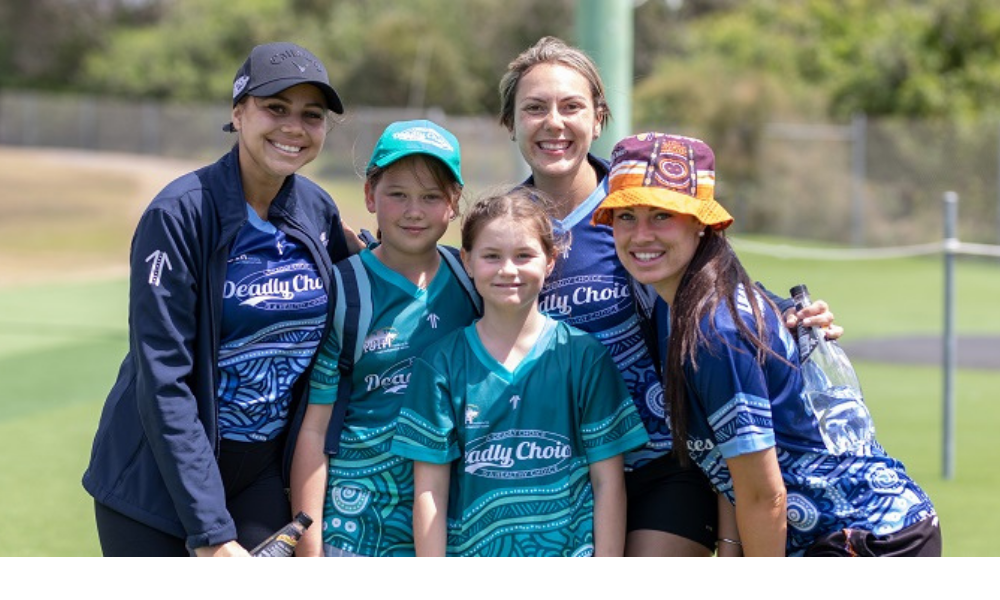The 2020 Australian Reconciliation Barometer—a national research study conducted by Reconciliation Australia every two years—shows that the global and local Black Lives Matter movements have challenged experiences and understanding of racism in Australia.
“This year’s Barometer shows more Aboriginal and Torres Strait Islander people reporting an incident of racial prejudice than the 2018 barometer,” said Reconciliation Australia CEO, Karen Mundine.
“Just over half of Aboriginal and Torres Strait Islander respondents reported to have experienced at least one form of racial prejudice in the last six months.
“More Australians now agree with the statement that ‘Australia is a racist country’, a rise across the board in understanding how racism operates.
“In 2020 we have seen increasing political and social polarisation due to uncertainty and disruption from COVID-19.
“The heightened awareness and sentiments around the global and local Black Lives Matter movements have translated into our research, as would be expected.
“Through the 2020 Barometer we hear many more people speaking up, speaking the truth, asking the hard questions, seeing the hard facts, and moving from a space of safe to brave on issues affecting Aboriginal and Torres Strait Islander peoples.”

“Reconciliation gives Australians a framework for understanding our race-relations and provides a framework for moving forward to a reconciled future.”
Community will continue to lead and governments must also act
“Our Barometer shows that community attitudes are well ahead of the political response to issues around self-determination, representation, treaty, and in understanding and learning about history. This provides a basis for demanding more of our political leaders.
“Change doesn’t happen without governments, parliaments, corporate and civil society, and the broader community playing their part,” Ms Mundine said.
The Australian Reconciliation Barometer 2020 reminds us all that reconciliation takes action.
“The vital importance of maintaining protections against racism, of supporting anti-racism campaigns and education, and to truly understand the insidious effects of racism on people’s abilities to live their lives cannot be overstated.”
The relationship is strong
Ms Mundine said Reconciliation Australia was encouraged by results in the Barometer that show that over 90% of Australians place high importance on the relationship between Aboriginal and Torres Strait Islander people and other Australians.
“Reconciliation is built on relationships and we are encouraged to see that support for this key relationship remains high even in these testing times,” she said.
“Overall, the Barometer tells us that even in a changing world, engagement with reconciliation is still a priority.”
95%
89%
- 95% of the general community and 94% of Aboriginal and Torres Strait Islander people believe it is important for Aboriginal and Torres Strait Islander people to have a say in matters that affect them
- 81% of the general community (77% in 2018) 88% of Aboriginal and Torres Strait Islander people (86% in 2018) believe it is important to protect an Indigenous Body within the Constitution, so it can’t be removed by any government
- 86% of the general community and 91% of Aboriginal and Torres Strait Islander people believe it is important to establish a representative Indigenous Body
- 52% of Aboriginal and Torres Strait Islander people have experienced at least one form of racial prejudice in the past 6 months (43% in 2018)
- 60% of Aboriginal and Torres Strait Islander respondents agree that Australia is a racist country (51% in 2020) 43% of respondents in the general community also agree with this statement (38% in 2018)
- 95% of the general community and 94% of Aboriginal and Torres Strait Islander people believe it is important for Aboriginal and Torres Strait Islander people to have a say in matters that affect them
The Australian Reconciliation Barometer is the only survey undertaken in Australia that measures the progress of reconciliation between Aboriginal and Torres Strait Islander people and non-Indigenous Australians.
This research is conducted by Reconciliation Australia, the peak body promoting reconciliation between Aboriginal and Torres Strait Islander peoples and other Australians.



